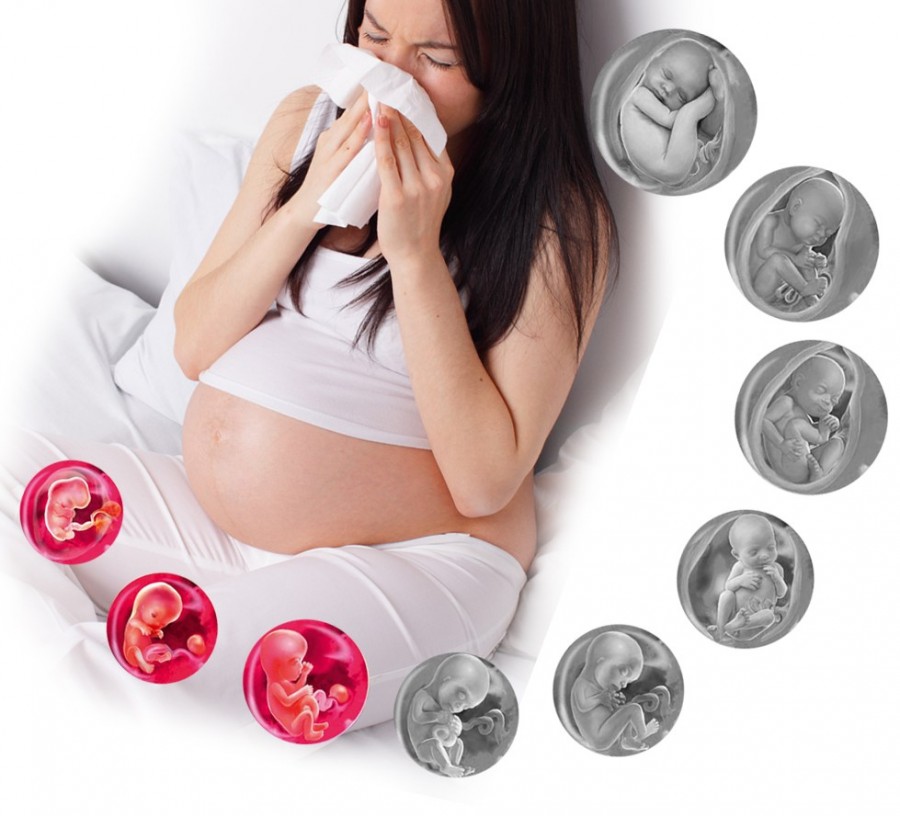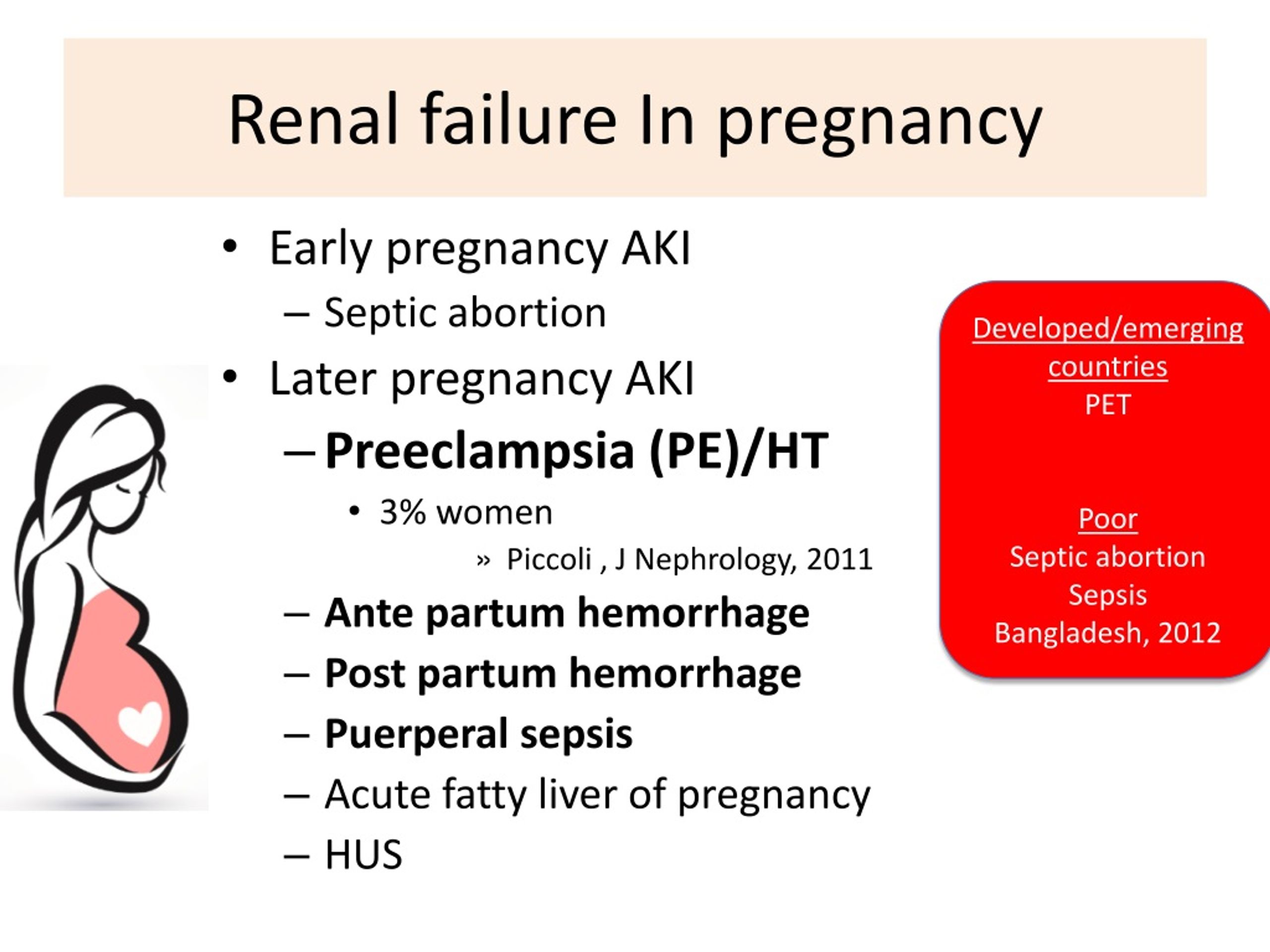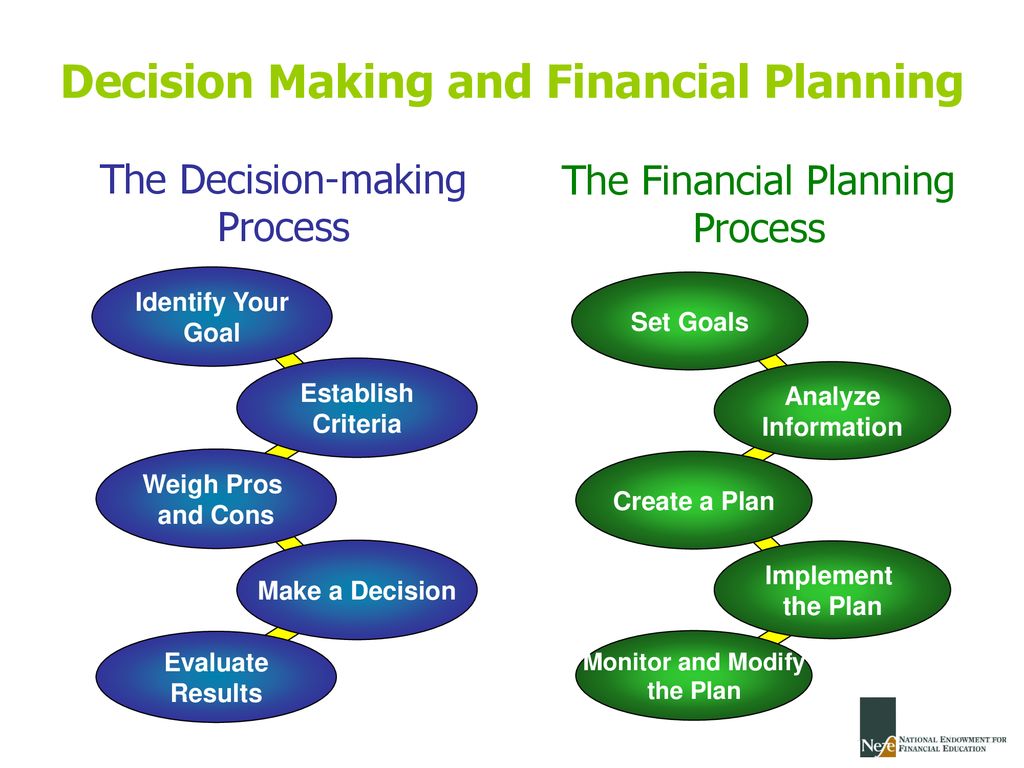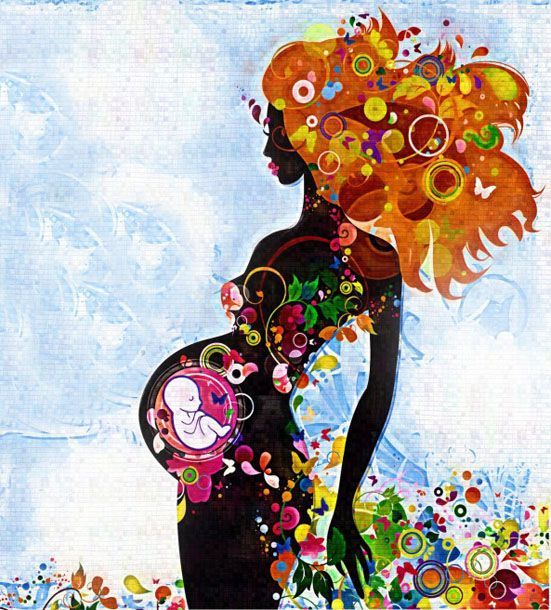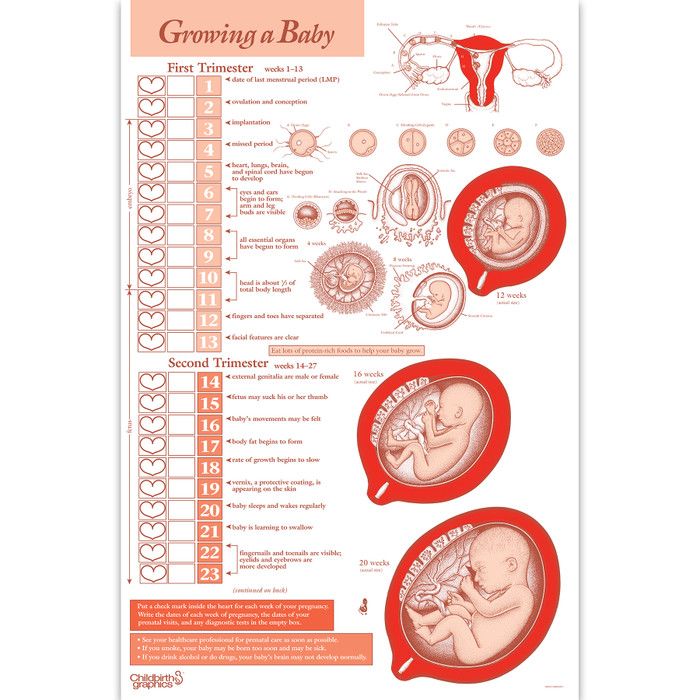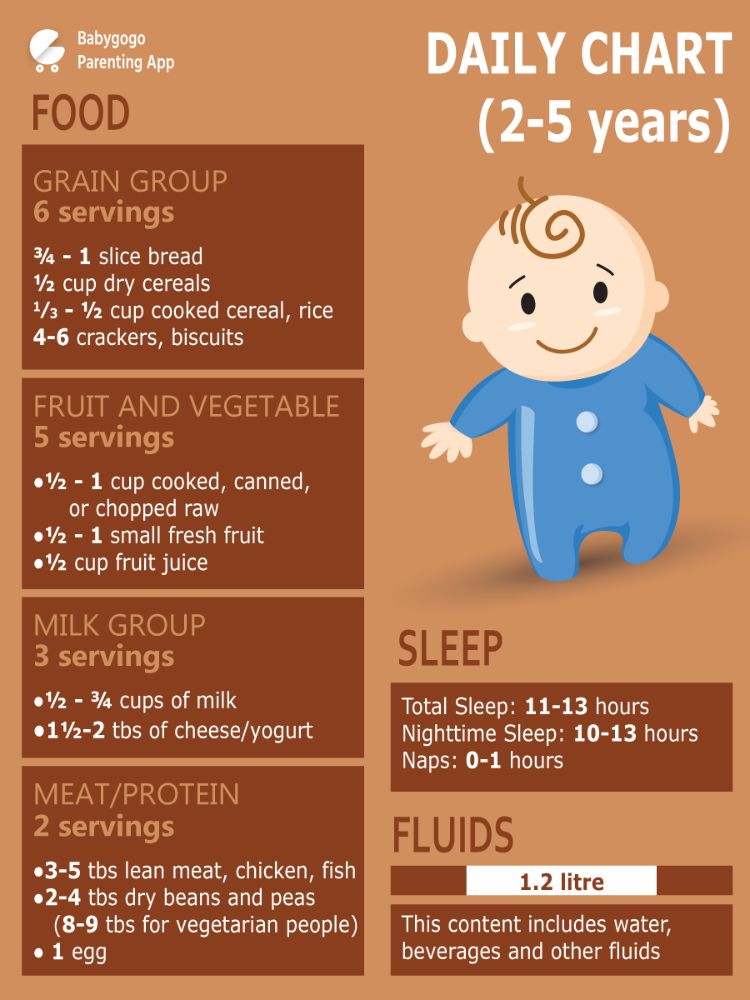Early trimester pregnancy
First Trimester Of Pregnancy: What To Expect
What is the first trimester of pregnancy?
Pregnancy has three trimesters or stages. Each trimester is about 13 weeks or three months long. A full-term pregnancy lasts 40 weeks or between nine and 10 months. Your healthcare provider will talk to you about fetal development in terms of weeks. Your first trimester of pregnancy lasts until the 13th week of pregnancy.
It may seem strange, but your pregnancy actually begins on the first day of your last menstrual period. This is called the gestational age of the pregnancy. A pregnancy care provider calculates your due date by adding 40 weeks to the first day of your last menstrual period. So this means, by the time you know you’re pregnant, you’re already about four weeks along. This can be very confusing!
Understanding weeks of pregnancy
The first two weeks of pregnancy are part of your normal menstrual cycle — the first week is your period and the second week is ovulation. Once you ovulate, your egg travels through your fallopian tube to your uterus. If it meets up with sperm, they combine and conception occurs (fertilization).
During the third week of pregnancy, the fertilized egg travels to your uterus. On its way down to your uterus, it divides into more cells. Once it reaches your uterus, it implants into your uterine lining. This triggers your body to recognize that you’re pregnant and a series of changes begin to happen. Most people miss their period and then get a positive pregnancy test.
How long is the first trimester?
The first trimester begins before you’re pregnant. It starts on the first day of your last menstrual period and goes until the 13th week of pregnancy.
What can I expect in my first trimester?
Your first trimester of pregnancy is full of many physical and emotional changes. It can be a very overwhelming time, and your mind may be racing with questions. Plus, your hormones are in overdrive. In fact, your body produces more estrogen during one pregnancy than it does during your entire life when you’re not pregnant.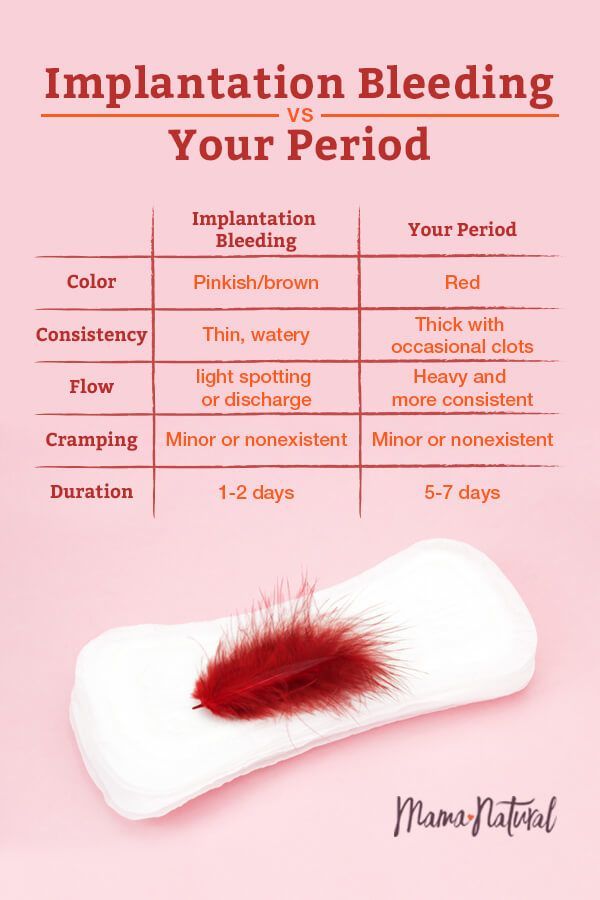 This surge in hormones can cause some unpleasant pregnancy symptoms. You may find yourself feeling moody, bloated and tired. While you may not see a prominent baby bump yet, your uterus is expanding and your blood volume is increasing.
This surge in hormones can cause some unpleasant pregnancy symptoms. You may find yourself feeling moody, bloated and tired. While you may not see a prominent baby bump yet, your uterus is expanding and your blood volume is increasing.
It’s OK to feel both excited and nervous. Talking to your friends, partner or a healthcare provider may help you feel better as you navigate your pregnancy journey.
What should I do in my first trimester?
Your first trimester is very important. You might not look or feel pregnant, but lots of changes are happening.
If you don’t have a healthcare provider or a pregnancy care provider, you should find one as soon as possible. Getting early pregnancy care can help you avoid any potential complications. Make a list of questions or concerns you have so you’re ready for your first appointment. Check with your health insurance about pregnancy coverage so you know what to expect and where you can get care. If you don’t have health insurance, there are programs and agencies to help you get prenatal care.
There are different types of pregnancy care providers that take care of you during pregnancy, labor, delivery and postpartum. These include obstetricians, midwives, and sometimes, primary care physicians. In addition to selecting a pregnancy care provider, you may also consider places to deliver your baby. While most people choose to give birth in a hospital, some people prefer birthing centers or home births.
Now is a great time to think about your overall health and what lifestyle changes you may need to make now that you’re pregnant. For example, think about how pregnancy affects your work, finances, habits and daily activities.
How does the fetus develop in the first trimester of pregnancy?
Several developments occur in the first trimester. Although you can’t see it happening, there’s a lot going on inside your body after sperm fertilizes an egg.
Weeks one to four of pregnancy
During the first month of pregnancy, several important structures form.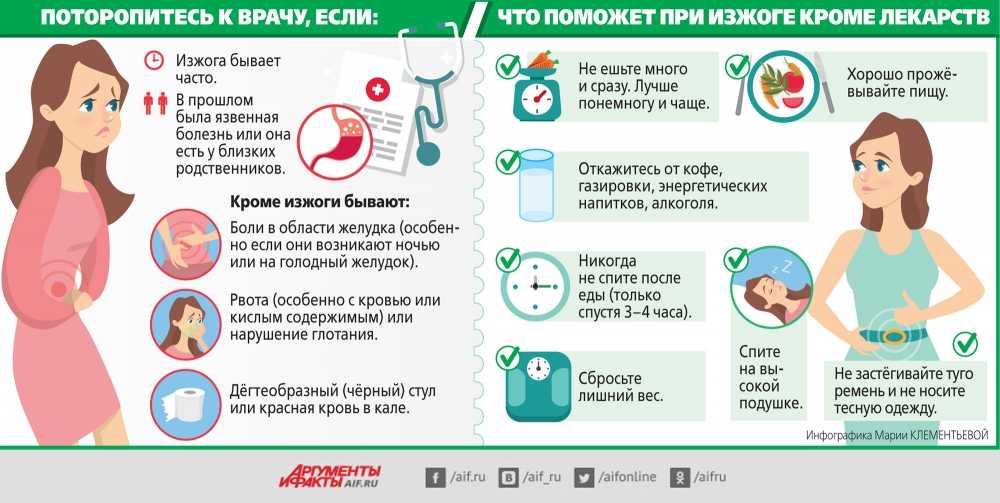 These structures are a tiny clump of cells, but will grow to become the amniotic sac, placenta and umbilical cord. A tube that becomes the fetus’s brain and spinal cord forms, as well as its circulatory system. A face, circles for eyes and the beginning of a mouth take shape.
These structures are a tiny clump of cells, but will grow to become the amniotic sac, placenta and umbilical cord. A tube that becomes the fetus’s brain and spinal cord forms, as well as its circulatory system. A face, circles for eyes and the beginning of a mouth take shape.
The embryo is about a quarter-inch inch long — smaller than a grain of rice.
Weeks five to eight of pregnancy
Several major organs begin to develop during the sixth week of pregnancy including the fetal lungs, heart, ears, arms and legs. Bones begin to replace tissue. Its head is large in proportion to the rest of its body, but it look more human now. The fetus has a distinct mouth, nose and face. Some providers do an early ultrasound to confirm a heartbeat during this time.
By the end of the eighth week of pregnancy, the embryo becomes a fetus. It’s about 1 inch long or the size of a raspberry.
Weeks nine to 12 of pregnancy
Towards the end of your first trimester, the fetus will have toes, fingers and nails.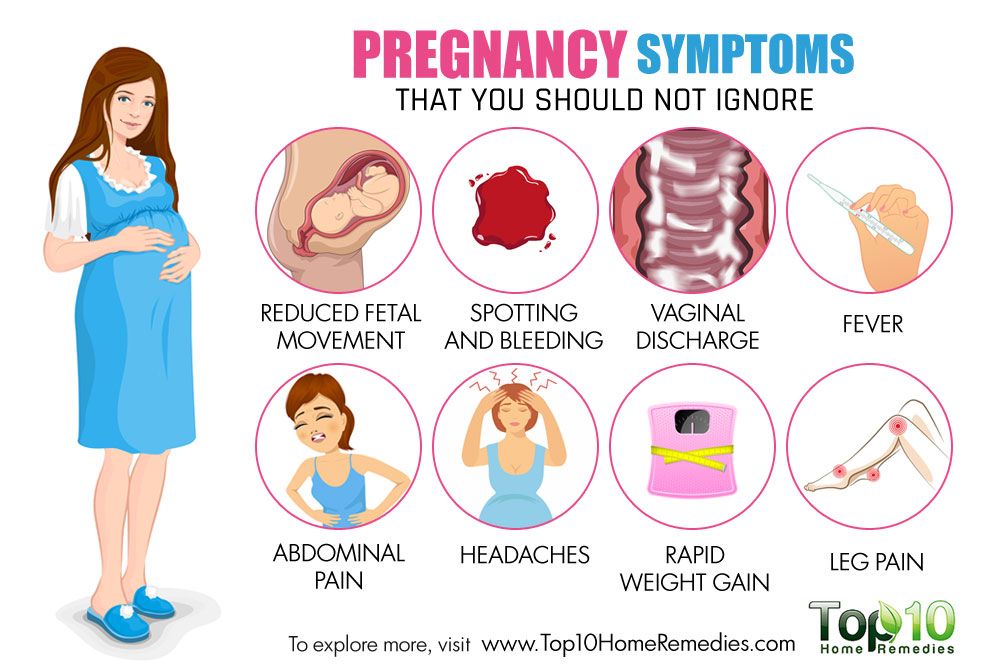 It will start to move by opening and closings its hands and mouth. The fetus’s urinary and digestive systems are also fully functioning. At around 12 weeks of pregnancy, your provider can listen to the fetal heart using a Doppler ultrasound. It also has either a vagina or a penis at this point (though your provider can’t see it on an ultrasound).
It will start to move by opening and closings its hands and mouth. The fetus’s urinary and digestive systems are also fully functioning. At around 12 weeks of pregnancy, your provider can listen to the fetal heart using a Doppler ultrasound. It also has either a vagina or a penis at this point (though your provider can’t see it on an ultrasound).
By the end of the 12th week of pregnancy, the fetus is between 3 and 4 inches long — about the size of a plum. It weighs about 1 ounce.
Why is the first trimester of pregnancy so critical?
The first trimester is so important because most of the fetus’s major organs and body systems are developing. Toxins, harmful substances and infection can severely damage a fetus’s growth and development during this time. It could increase your baby’s risk of being born with a congenital disorder.
What are the most common symptoms during the first trimester?
Every person and every pregnancy is unique. An increase in hormones cause most pregnancy symptoms.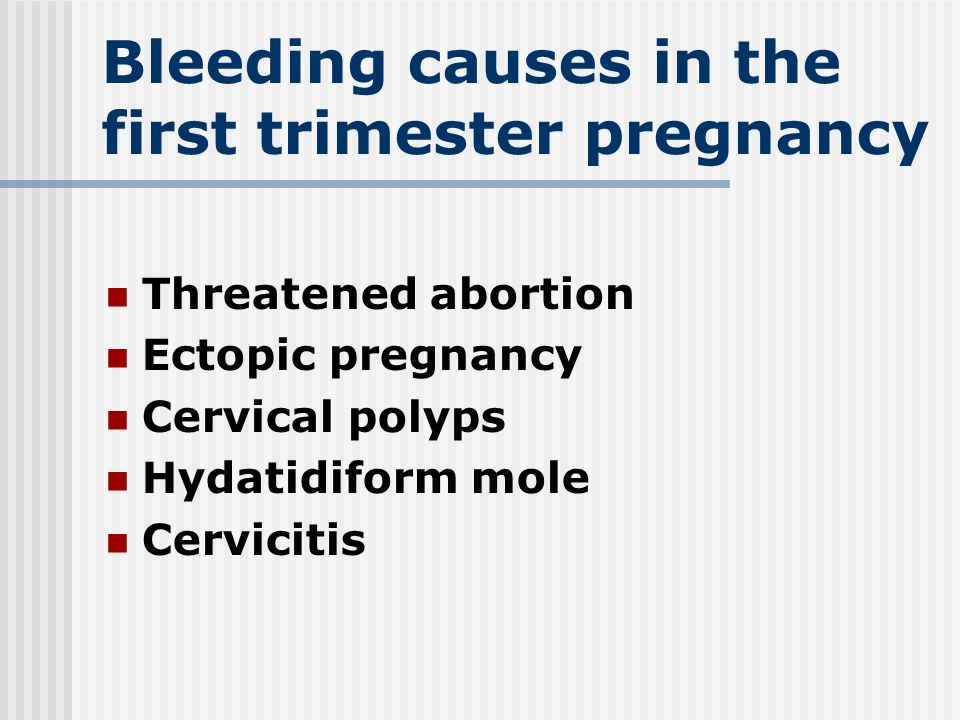 Some of the most common are:
Some of the most common are:
- Sore breasts: Hormones may make your breasts feel tender and large. It’s common to need bigger bras before the end of your first trimester. The veins in your breasts may become noticeable because they’re carrying more blood. Other changes to your breasts may include darkened areolas or changes to your nipples.
- Nausea: Morning sickness is one of the telltale signs of early pregnancy. Despite its name, it can last all day and all night. Try eating smaller meals or bland, low-fat foods. Some people find relief by eating foods containing ginger.
- Mood swings: The sudden rush of hormones may put you on a rollercoaster of emotions. You may alternate between feeling anxious or scared to excited or weepy within a span of 30 minutes. It may be helpful to talk through your feelings with a friend or your partner.
- Feeling tired: Your body is hard at work during the first trimester of pregnancy.
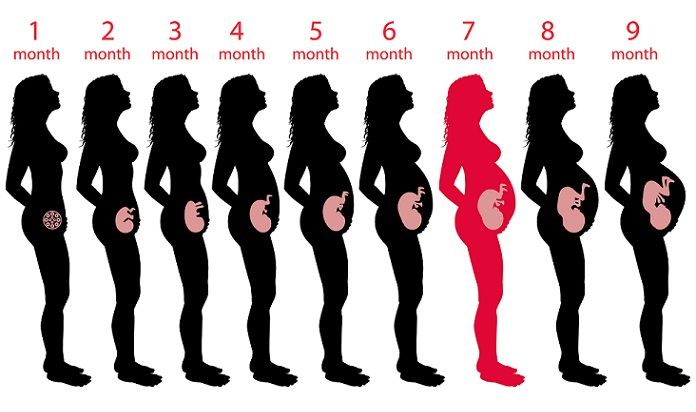 This may leave you feeling exceptionally tired. Be sure to get plenty of rest. Most people get some energy back in the second trimester.
This may leave you feeling exceptionally tired. Be sure to get plenty of rest. Most people get some energy back in the second trimester. - Needing to pee: Your uterus begins to grow to support the pregnancy. It may begin pressing on your bladder, causing you to need to pee more often.
- Acne or other skin changes: Hormones cause your skin to create more oil during pregnancy. This can lead to clogged pores and acne in some people. There are other skin conditions that appear during pregnancy, but most appear in the second or third trimesters.
- Mild shortness of breath: You may feel short of breath with light physical activity.
Your heart is pumping more blood during pregnancy. This means your pulse may be quicker and you may find yourself losing energy more easily. Be mindful of how much demand pregnancy puts on your body and take rests when you feel tired or out of breath.
What tests will I have in the first trimester of pregnancy?
Checkups, screenings and other tests during pregnancy help keep you and the fetus healthy.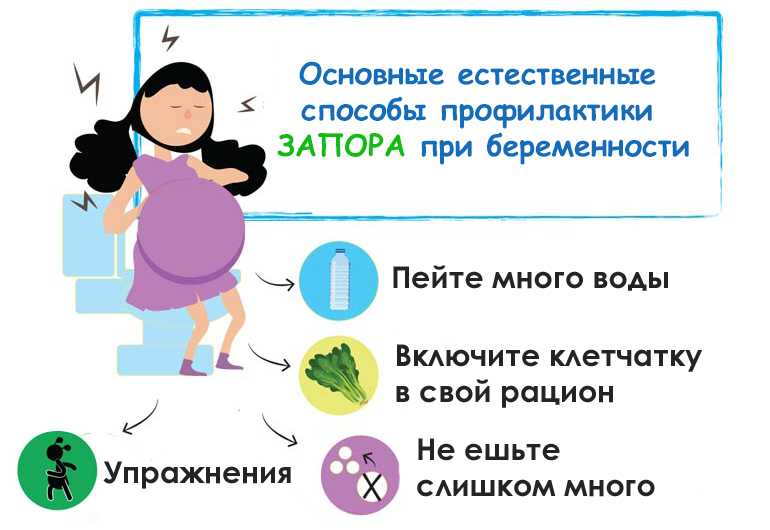 Care during pregnancy is commonly referred to as prenatal care. Prenatal care appointments are important because your pregnancy care provider discusses what you can expect during pregnancy and delivery, performs checkups and screenings and answers any questions you have.
Care during pregnancy is commonly referred to as prenatal care. Prenatal care appointments are important because your pregnancy care provider discusses what you can expect during pregnancy and delivery, performs checkups and screenings and answers any questions you have.
Your first prenatal visit
You’ll have between two and three prenatal visits during your first trimester. This can vary depending on your provider or if you’re a high-risk pregnancy. You can expect to discuss your personal medical history, gynecological and obstetrical history (prior pregnancies and births), as well any family medical history that may affect your pregnancy. This visit is very thorough to make sure you and the growing fetus are healthy.
At your first prenatal visit your provider will calculate your due date. You can also expect them to perform the following:
- A physical exam, including checking your weight and blood pressure.
- A pelvic exam.
- A Pap test (if you’re due for one).
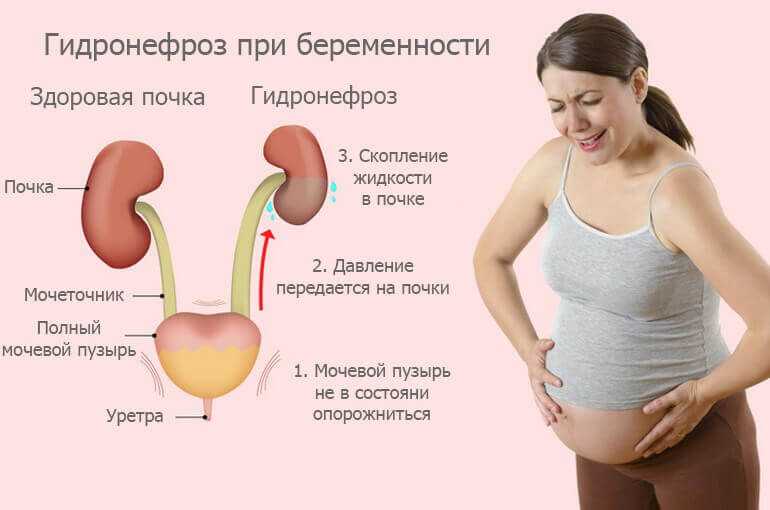
- Tests to check for certain sexually transmitted infections (STIs).
- Check your pee for bacteria, protein and glucose (sugar).
- Order blood tests to check hormone levels, Rh factor, iron levels and certain diseases.
- Check the fetal heart rate.
Some providers use transvaginal ultrasound at your first appointment to confirm pregnancy and measure the fetal heart rate and size. This ultrasound also shows if you’re expecting multiples. A transvaginal ultrasound involves your provider placing a wand inside your vagina. Most pregnant people are offered at least one ultrasound in their first trimester, but the exact timing varies depending on your provider. If you’re expecting multiples, you may be offered additional ultrasounds in your first trimester.
Your provider may suggest other screening tests during pregnancy. Screening tests identify if you or the fetus are at risk for certain health conditions. Based on the results of your screening, you may need diagnostic tests. Diagnostic tests confirm or rule out health problems. In the first trimester, your provider may suggest a screening to detect a higher risk of chromosomal disorders like Down syndrome. Talk to your provider about the screenings they recommend.
Diagnostic tests confirm or rule out health problems. In the first trimester, your provider may suggest a screening to detect a higher risk of chromosomal disorders like Down syndrome. Talk to your provider about the screenings they recommend.
What should I not do in the first trimester of pregnancy?
Once you find out you’re pregnant, it’s normal to have to make some lifestyle changes. These changes help ensure that everyone is healthy. You should avoid the following things during your first trimester of pregnancy:
- Alcohol.
- Cigarettes and tobacco.
- Recreational drugs like opioids.
- Contact sports like football or activities that put pressure on your abdomen.
- Foods like raw fish (sushi), fish high in mercury, uncooked or undercooked meats, lunchmeat and unpasteurized milk, cheese or juice.
- Hot tubs and saunas.
How do I take care of myself in the first trimester of pregnancy?
Staying healthy is important throughout all three trimesters of pregnancy.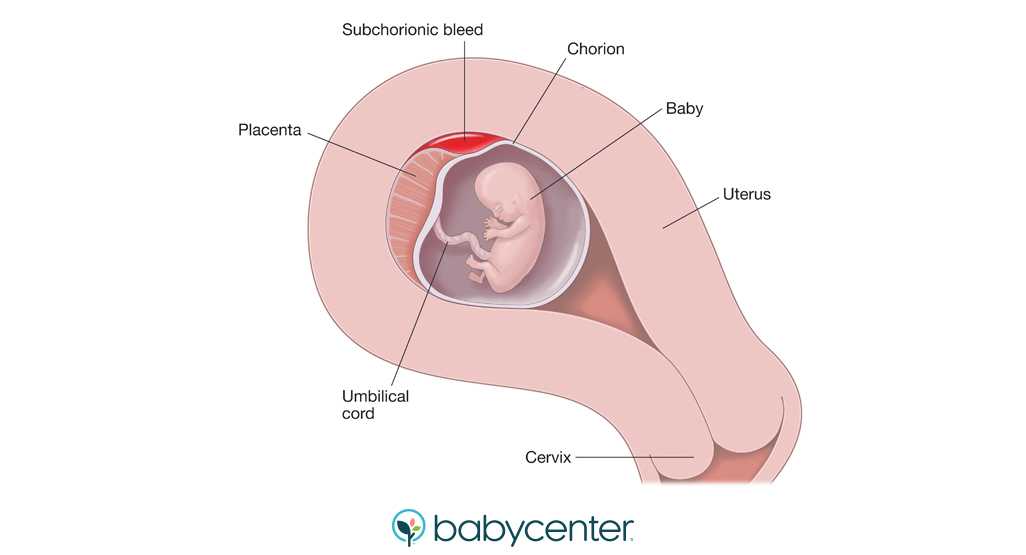 Here are some helpful tips on staying healthy during the first 13 weeks of pregnancy:
Here are some helpful tips on staying healthy during the first 13 weeks of pregnancy:
- Stay active as much as you can. Listen to your body and stop for rest if you feel any discomfort while exercising. You may need to modify your exercise routine during pregnancy.
- Take a prenatal vitamin containing folic acid.
- Eat a variety of healthy foods including fruits, vegetables, meat, eggs and whole grains.
- Get plenty of rest.
- Drink plenty of water.
- Attend all of your prenatal appointments.
Is it normal to bleed during the first trimester of pregnancy?
Light bleeding or spotting during pregnancy is usually OK in the first few weeks of pregnancy. Some people experience implantation bleeding (when a fertilized egg burrows unto your uterine lining). Call your pregnancy care provider if you’re bleeding heavily or the bleeding lasts more than one day.
What prenatal vitamin should I take?
The vitamins and minerals in your food (or in prenatal vitamins) help support the fetus as it grows and develops.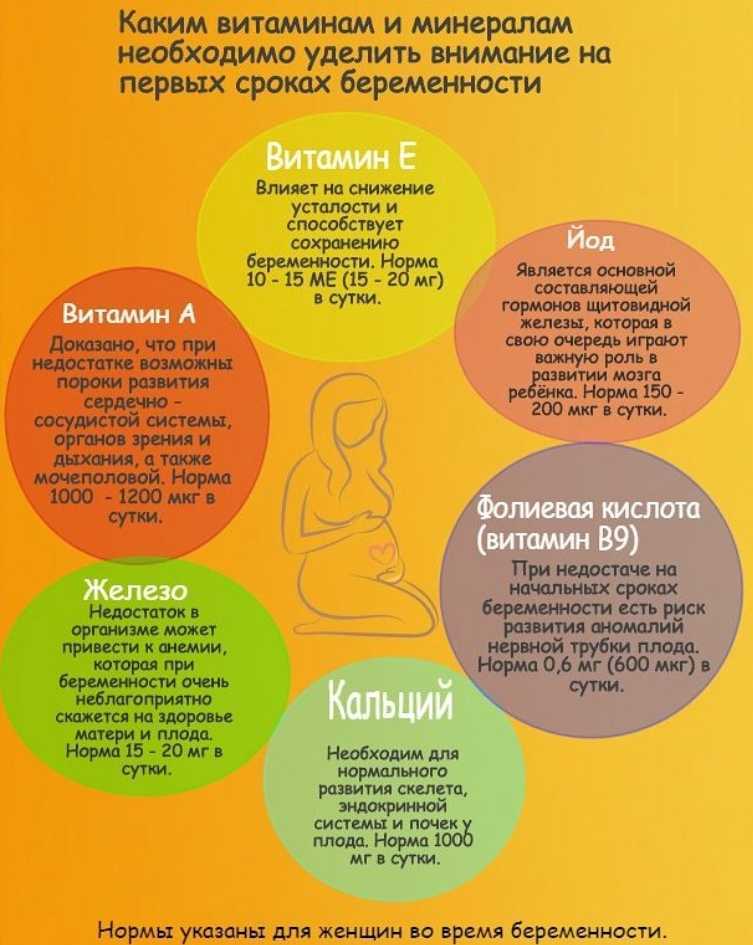 Most providers recommend taking a prenatal vitamin as soon as you begin trying to get pregnant. Vitamins containing folic acid, iron and calcium help support a healthy pregnancy. Talk to your provider if you’re unsure about which prenatal vitamin to take.
Most providers recommend taking a prenatal vitamin as soon as you begin trying to get pregnant. Vitamins containing folic acid, iron and calcium help support a healthy pregnancy. Talk to your provider if you’re unsure about which prenatal vitamin to take.
Can I drink caffeine during pregnancy?
Most healthcare providers recommend limiting caffeine consumption to under 200 milligrams per day during pregnancy. That’s about 12 ounces of coffee or three cans of Mtn Dew®. This is because a fetus can’t metabolize caffeine so it can build up in their body and cause complications.
When should I call my pregnancy care provider during the first trimester?
Call your provider right away if you have:
- A fever higher than 100.4 degrees Fahrenheit.
- Heavy bleeding or unusual vaginal discharge.
- Severe cramping in your belly, arms or legs or abdominal pain.
- Persistent vomiting and/or diarrhea.
- Fainting spells or dizziness.
- Swelling in your hands, fingers or face.

- Blurred vision or spots before your eyes.
A note from Cleveland Clinic
Pregnancy is an exciting, and sometimes scary, time in your life. You may feel overwhelmed with information and have lots of questions. During the first trimester of pregnancy, your body is growing and changing rapidly. The fetus is growing and developing, too. In fact, by the end of the first trimester, the fetus is the size of a lemon. You may begin having symptoms of pregnancy like nausea, sore breasts or needing to pee more often. Schedule an appointment with a pregnancy care provider as soon as you know you’re pregnant. Regular prenatal care is important so you and the fetus stay healthy and strong during pregnancy.
The First Trimester | Johns Hopkins Medicine
What You Need to Know
- At your first prenatal visit, you will undergo a physical exam as well as certain tests and screenings to assess the health of you and your unborn baby.

- First trimester symptoms vary from woman to woman, with some experiencing all known symptoms and others only a few. Duration of symptoms can vary as well.
- After eight weeks, the embryo is referred to as a fetus.
- Although the fetus is only 1 to 1.5 inches long at this point, all major organs and systems have been formed.
- During the first trimester, the fetus is most susceptible to damage from substances, like alcohol, drugs and certain medicines, and illnesses, like rubella (German measles).
Your First Prenatal Visit
Your first prenatal visit is the most thorough. A complete medical history is taken, a physical exam is done, and certain tests and procedures are performed to assess the health of both you and your unborn baby. Your first prenatal visit may include:
-
Personal medical history. This may include taking record of any of the following:
-
Previous and current medical conditions, like diabetes, high blood pressure (hypertension), anemia and/or allergies
-
Current medicines (prescription, over-the-counter and nutritional supplements)
-
Previous surgeries
-
-
Maternal and paternal family medical history, including illnesses, intellectual or developmental disabilities, and genetic disorders, like sickle cell disease or Tay-Sachs disease
-
Personal gynecological and obstetrical history, including past pregnancies (stillbirths, miscarriages, deliveries, terminations) and menstrual history (length and duration of menstrual periods)
-
Education, including a discussion regarding the importance of proper nutrition and expected weight gain in pregnancy; regular exercise; the avoidance of alcohol, drugs and tobacco during pregnancy; and a discussion of any concerns about domestic violence
-
Pelvic exam.
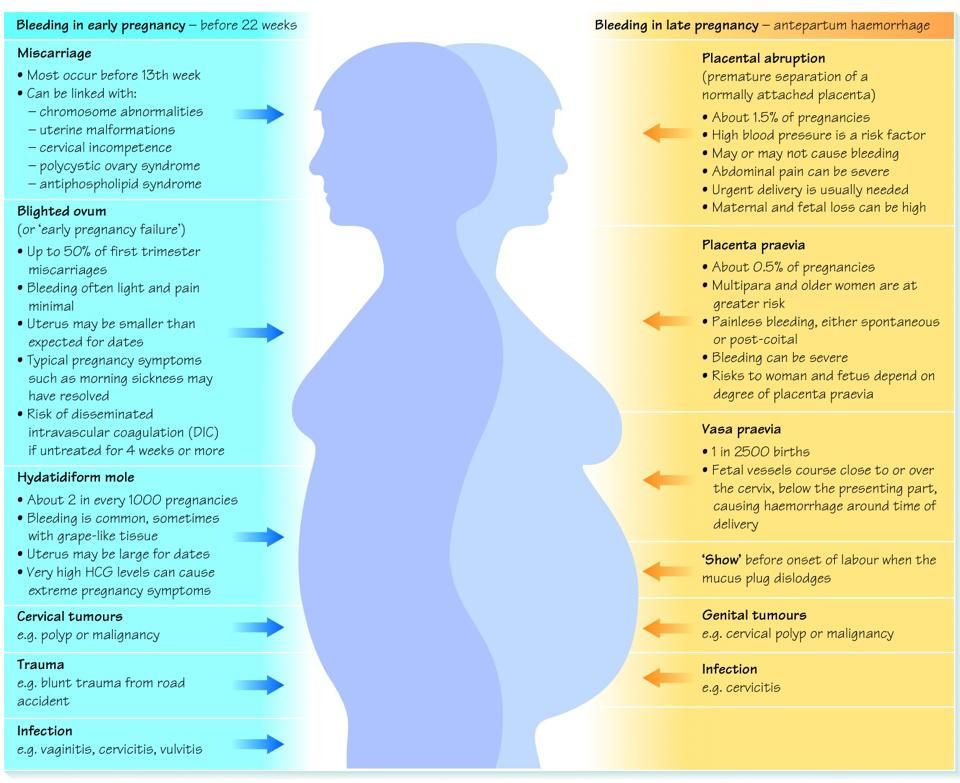 This exam may be done for one or all of the following reasons:
This exam may be done for one or all of the following reasons:-
To note the size and position of the uterus
-
To determine the age of the fetus
-
To check the pelvic bone size and structure
-
To perform a Pap test (also called Pap smear) to find the presence of abnormal cells
-
-
Lab tests, including the following:
-
Urine tests. These are done to screen for bacteria, glucose and protein.
-
Blood tests. These are done to determine your blood type.
-
All pregnant women are tested for the Rh factor during the early weeks of pregnancy. Rh incompatibility happens when the mother’s blood is Rh-negative, the father’s blood is Rh-positive and the fetus’ blood is Rh-positive.
 The mother may make antibodies against the Rh-positive fetus, which may lead to anemia in the fetus. Incompatibility problems are watched and appropriate medical treatment is available to prevent the formation of Rh antibodies during pregnancy. There are also other blood antibodies that may cause problems in pregnancy that are screened for on the first visit.
The mother may make antibodies against the Rh-positive fetus, which may lead to anemia in the fetus. Incompatibility problems are watched and appropriate medical treatment is available to prevent the formation of Rh antibodies during pregnancy. There are also other blood antibodies that may cause problems in pregnancy that are screened for on the first visit.
-
-
-
Blood screening tests. These are done to find diseases that could have an effect on the pregnancy. One example is rubella, an infectious disease that is also called German measles.
-
Genetic tests. These are done to find inherited diseases, like sickle cell disease and Tay-Sachs disease.
-
Other screening tests. These are performed to find infectious diseases, like sexually transmitted diseases and urinary tract infections.
The first prenatal visit is also an opportunity to ask any questions or discuss any concerns that you may have about your pregnancy.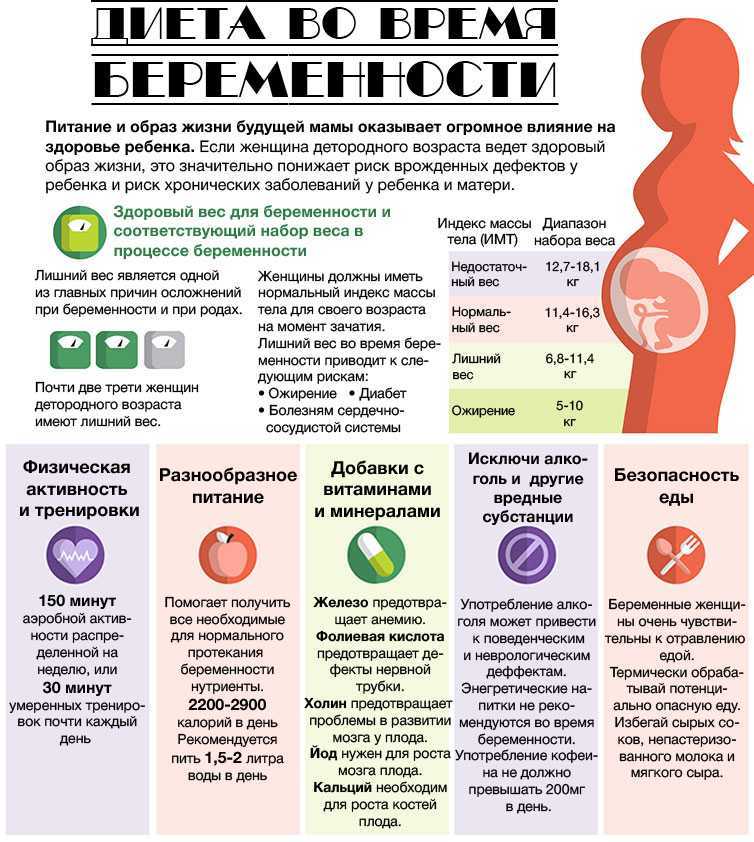
The First Trimester: What to Expect
A healthy first trimester is crucial to the normal development of the fetus. You may not be showing much on the outside yet, but on the inside, all of the major body organs and systems of the fetus are forming.
As the embryo implants itself into the uterine wall, several developments take place, including the formation of the:
-
Amniotic sac. A sac filled with amniotic fluid, called the amniotic sac, surrounds the fetus throughout the pregnancy. The amniotic fluid is liquid made by the fetus and the amnion (the membrane that covers the fetal side of the placenta) that protects the fetus from injury. It also helps to regulate the temperature of the fetus.
-
Placenta. The placenta is an organ shaped like a flat cake that only grows during pregnancy. It attaches to the uterine wall with tiny projections called villi. Fetal blood vessels grow from the umbilical cord into these villi, exchanging nourishment and waste products with your blood.
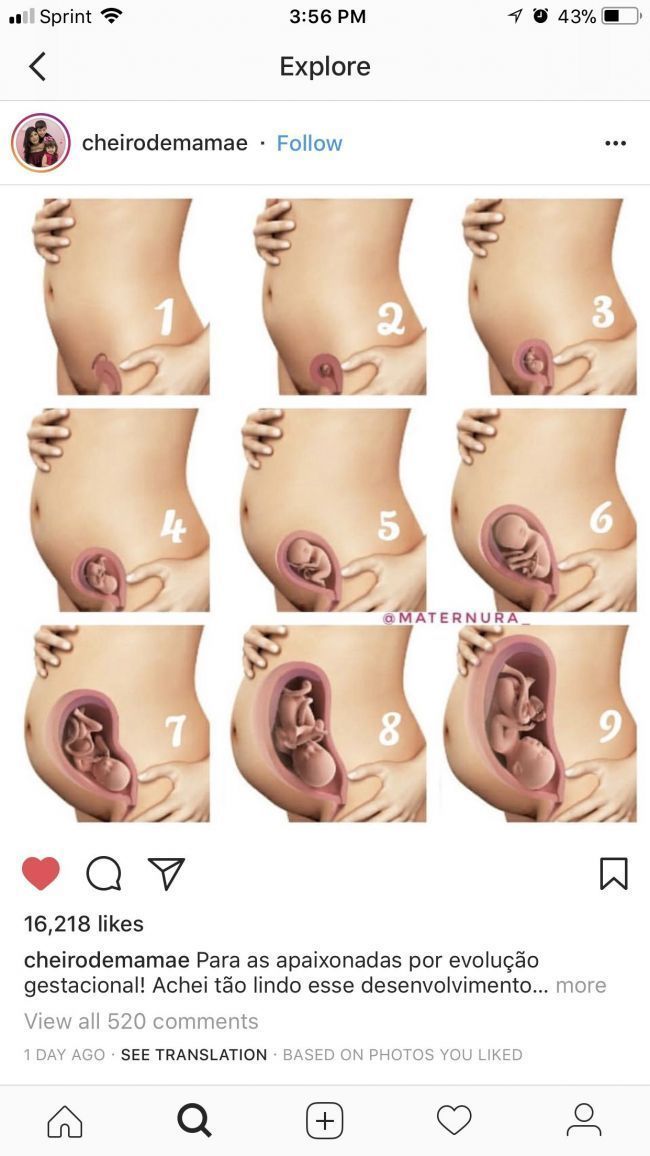 The fetal blood vessels are separated from your blood supply by a thin membrane.
The fetal blood vessels are separated from your blood supply by a thin membrane. -
Umbilical cord. The umbilical cord is a ropelike cord connecting the fetus to the placenta. The umbilical cord contains two arteries and a vein, which carry oxygen and nutrients to the fetus and waste products away from the fetus.
It is during this first trimester that the fetus is most susceptible to damage from substances, like alcohol, drugs and certain medicines, and illnesses, like rubella (German measles).
During the first trimester, your body and your baby’s body are changing rapidly.
Johns Hopkins Hospital Designated as Baby-Friendly
The Baby-Friendly Hospital Initiative, a global program launched by the World Health Organization and the United Nations Children’s Fund, has designated The Johns Hopkins Hospital as Baby-Friendly.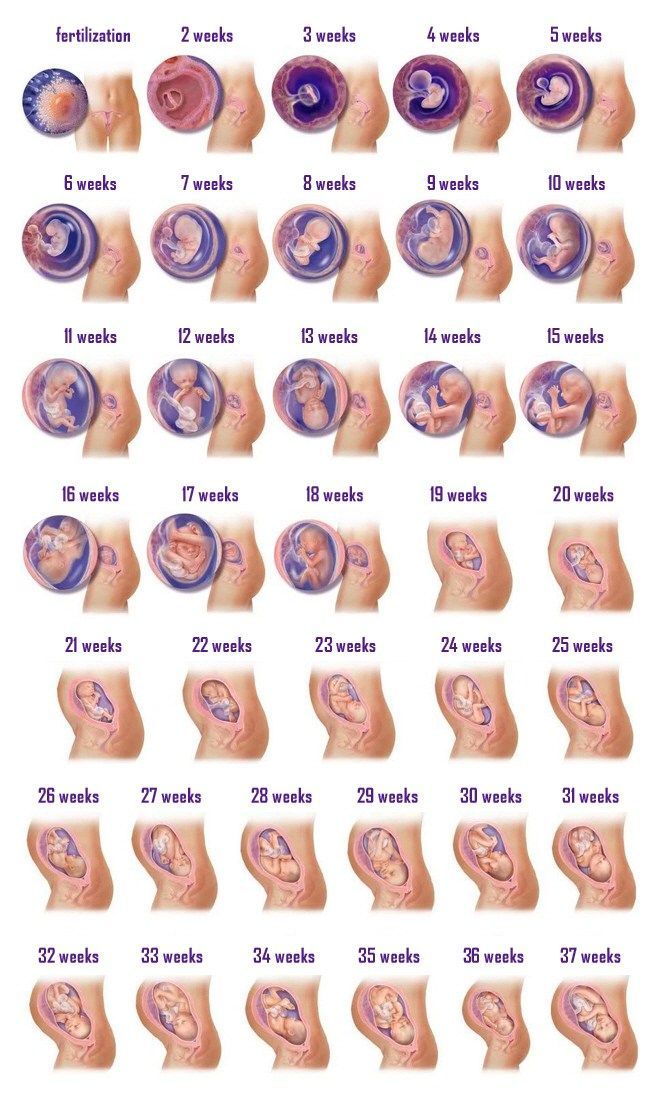 This designation is given to hospitals and birthing centers that offer an optimal level of care for infant feeding and mother-baby bonding.
This designation is given to hospitals and birthing centers that offer an optimal level of care for infant feeding and mother-baby bonding.
Learn more
The First Trimester: Changes to Your Body
During pregnancy, many changes will happen to your body to help nourish and protect your baby. Women experience these changes differently. Some symptoms of pregnancy continue for several weeks or months. Others are only experienced for a short time. Some women experience many symptoms, and other women experience only a few or none at all. The following is a list of changes and symptoms that may happen during the first trimester:
-
The mammary glands enlarge, causing the breasts to swell and become tender in preparation for breast-feeding. This is due to an increased amount of the hormones estrogen and progesterone. A supportive bra should be worn.
-
Your areolas (the pigmented areas around each breast’s nipple) will enlarge and darken.
 They may become covered with small, white bumps called Montgomery’s tubercles (enlarged sweat glands).
They may become covered with small, white bumps called Montgomery’s tubercles (enlarged sweat glands). -
Veins become more noticeable on the surface of your breasts.
-
The uterus is growing and begins to press on your bladder. This causes you to need to urinate more often.
-
Partly due to surges in hormones, you may experience mood swings similar to premenstrual syndrome, a condition experienced by some women that is characterized by mood swings, irritability and other physical symptoms that happen shortly before each menstrual period.
-
Increased levels of hormones to sustain the pregnancy may cause “morning sickness,” which causes nausea and sometimes vomiting. However, morning sickness does not necessarily happen just in the morning and rarely interferes with proper nutrition for the mother and her fetus.
-
Constipation may happen as the growing uterus presses on the rectum and intestines.
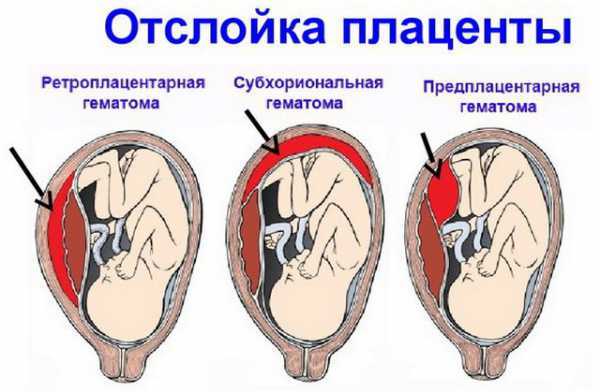
-
The muscular contractions in the intestines, which help to move food through the digestive tract, are slowed due to high levels of progesterone. This may, in turn, cause heartburn, indigestion, constipation and gas.
-
Clothes may feel tighter around the breasts and waist, as the size of the stomach begins to increase to accommodate the growing fetus.
-
You may experience extreme tiredness due to the physical and emotional demands of pregnancy.
-
Cardiac volume increases by about 40 to 50 percent from the beginning to the end of the pregnancy. This causes an increased cardiac output. An increased cardiac output may cause an increased pulse rate during pregnancy. The increase in blood volume is needed for extra blood flow to the uterus.
The First Trimester: Fetal Development
The most dramatic changes and development happen during the first trimester. During the first eight weeks, a fetus is called an embryo. The embryo develops rapidly and by the end of the first trimester, it becomes a fetus that is fully formed, weighing approximately 0.5 to 1 ounce and measuring, on average, 3 to 4 inches in length.
During the first eight weeks, a fetus is called an embryo. The embryo develops rapidly and by the end of the first trimester, it becomes a fetus that is fully formed, weighing approximately 0.5 to 1 ounce and measuring, on average, 3 to 4 inches in length.
First Trimester Fetal Growth and Development Benchmarks
The chart below provides benchmarks for most normal pregnancies. However, each fetus develops differently.
| Timing | Development Benchmark |
|---|---|
| By the end of four weeks |
|
| By the end of eight weeks |
|
| From embryo to fetus |
|
| During weeks nine to 12 |
|
The fetus is most vulnerable during the first 12 weeks. During this period of time, all of the major organs and body systems are forming and can be damaged if the fetus is exposed to drugs, infectious agents, radiation, certain medications, tobacco and toxic substances.
Even though the organs and body systems are fully formed by the end of 12 weeks, the fetus cannot survive independently.
1st trimester of pregnancy: what happens to the fetus
1st trimester of pregnancy: what happens to the fetus - Private maternity hospital Ekaterininskaya Clinics1st trimester: 1st-12th weeks
The gestational age is calculated from the first day of the last menstruation, since it is difficult to determine the exact day of conception.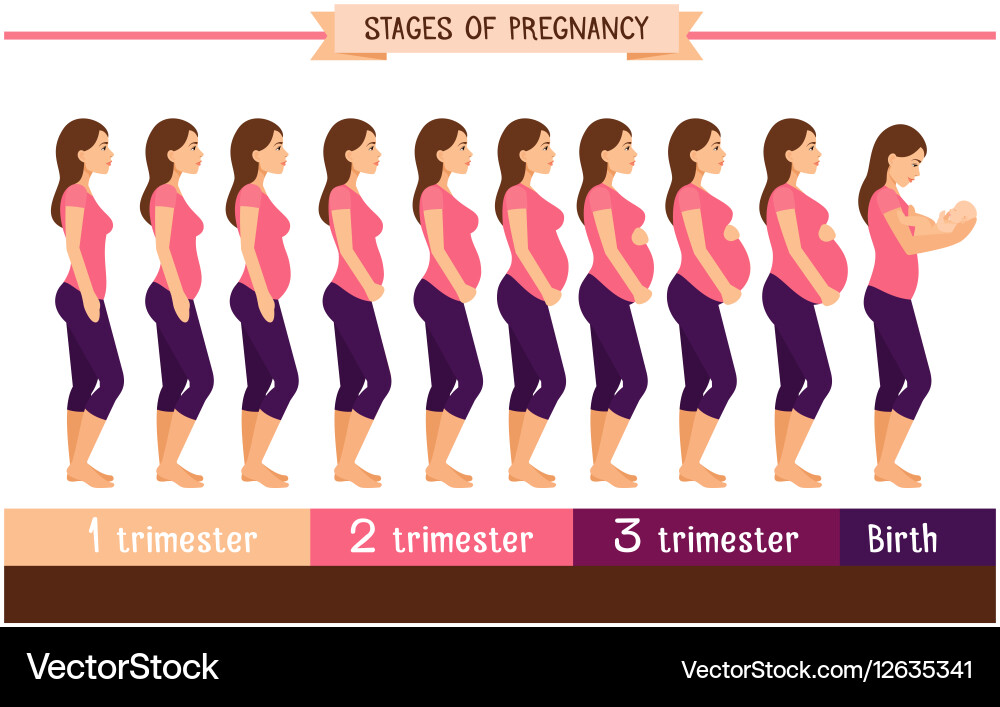 Since conception usually occurs in the middle of the menstrual cycle, you are not actually pregnant during the first two weeks, but this period is counted as the beginning of pregnancy. nine0005
Since conception usually occurs in the middle of the menstrual cycle, you are not actually pregnant during the first two weeks, but this period is counted as the beginning of pregnancy. nine0005
As soon as the fertilization of the egg takes place around the 3rd week, the hormones begin to produce changes in your body little by little. As a result, you may experience some of the following symptoms:
- Morning sickness. As a result of rising levels of hormones characteristic of pregnancy, up to 80% of women in the 1st trimester experience morning sickness with symptoms such as nausea and vomiting. The idea that such malaise is observed only in the morning is a common misconception. In fact, symptoms can appear at any time of the day or night. Up to 1 in 5 women experience morning sickness in the 2nd trimester of pregnancy and can sometimes persist throughout pregnancy. nine0002 If you experience morning sickness, avoid foods that make you sick, eat little and often, avoid fatty and spicy foods, drink more water.
 If you experience severe symptoms or symptoms that bother you, see your doctor.
If you experience severe symptoms or symptoms that bother you, see your doctor. - Breast changes. The mammary glands will begin to increase in size, soreness may appear. The nipples will increase in size, become darker and more protruding.
- Fatigue. High levels of the hormone progesterone can make you feel tired and sleepy. Rest as often as possible in a horizontal position with your legs up and eat as well as possible, which is not easy if you are experiencing morning sickness! nine0016
- Increased emotionality. A higher level of emotionality, manifested as a result of an increase in hormone levels, is normal. Understanding and patience on the part of your partner and loved ones is very important here.
- Food likes and dislikes. You may find yourself intolerant of one food and addicted to another. This is usually not a problem, unless you feel like eating weird foods like chalk.
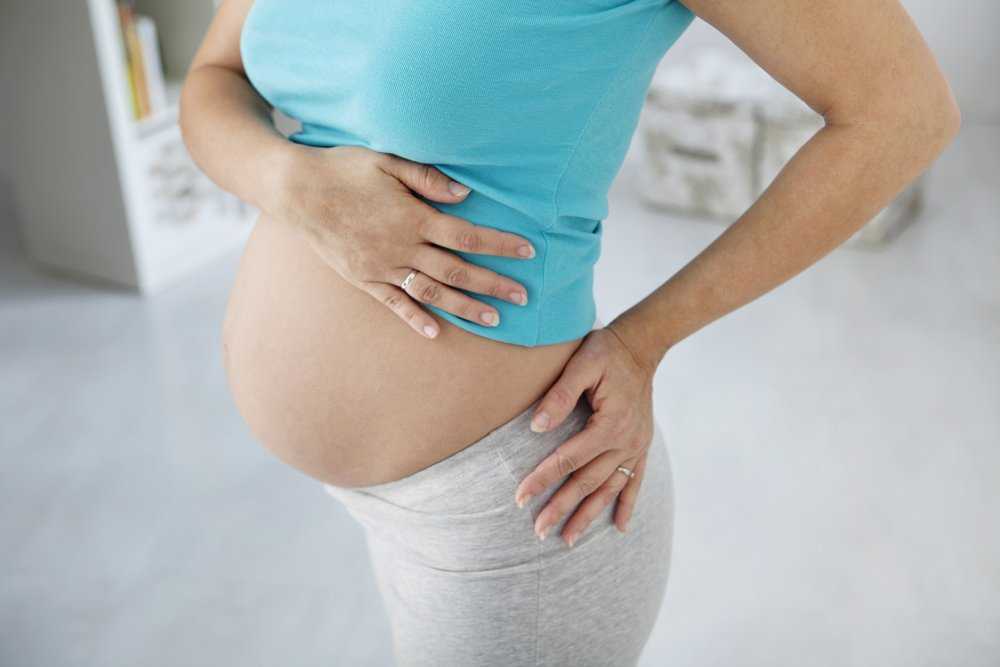 If you are concerned about the situation, contact your doctor. nine0016
If you are concerned about the situation, contact your doctor. nine0016 - Frequent urination. As your fluid levels increase and your uterus puts pressure on your bladder, you will become more likely to visit the toilet. Go to the toilet as soon as you feel the need - this minimizes the pressure on the bladder.
- Feeling of dizziness. Sometimes you may feel a little dizzy (this is due to hormonal changes). Try not to stay on your feet for a long time and slowly rise from a sitting or lying position. If you experience severe dizziness, contact your doctor immediately. nine0016
- Heartburn and constipation. Your digestive system will slow down to give you more time to digest your food. This can lead to heartburn and constipation. To help manage heartburn, try to eat small meals at regular intervals and avoid fried or spicy foods and carbonated drinks. Constipation is helped by eating a diet rich in fiber, maintaining physical activity and drinking plenty of water.
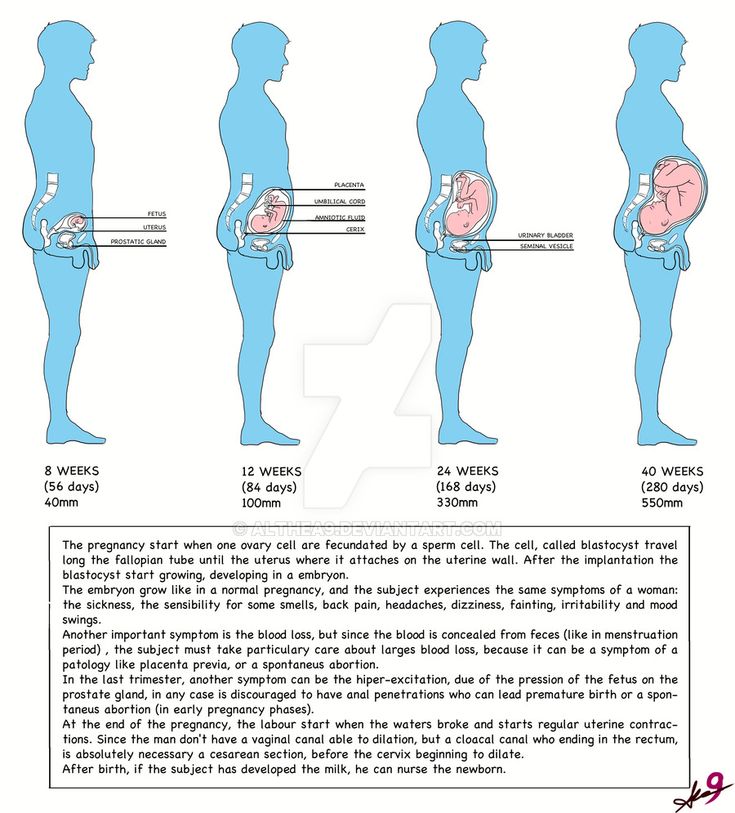 nine0045
nine0045 - Approximately 7 days after fertilization, the embryo implants in the uterine wall. The placenta, umbilical cord and amniotic sac will begin to form to provide nourishment and protection to the embryo.
- By the end of the first 12 weeks of pregnancy, the uterus is palpable through the wall of the abdomen, the abdomen will begin to grow.
- All the main organs of the baby are formed, the circulatory system works.
- The development of the sexual organs has begun.
- Fingers are formed on the hands and feet, nails have appeared.
- Facial features have formed.
- The length of the baby's body is about 6 cm from the head to the lower part of the body, he is already recognizable. The baby moves in the amniotic sac, but you don't feel it move yet.
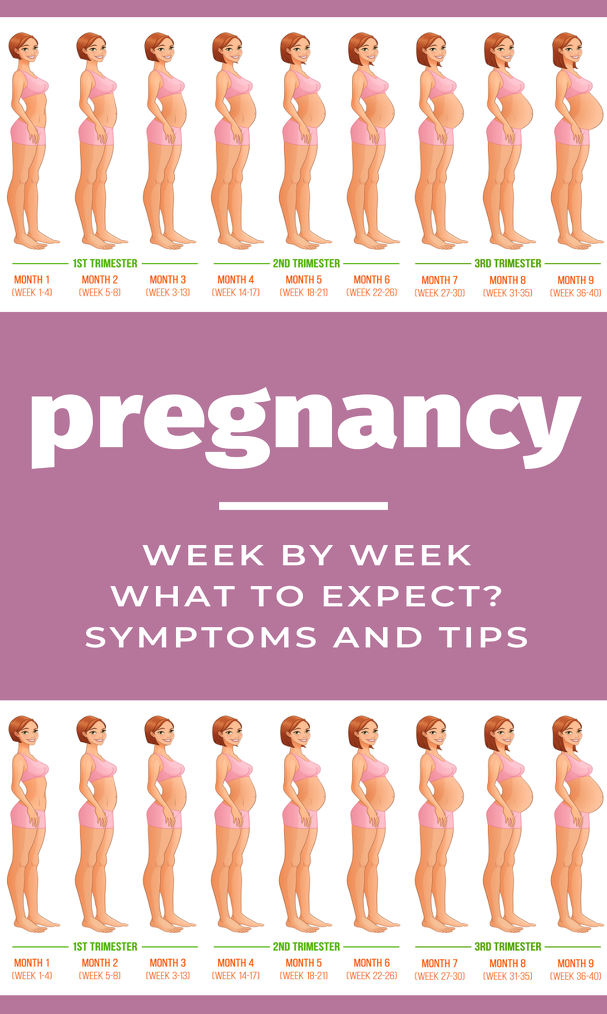
- urination is painful (this may be a sign of an infection)
- urine of strange color (stained with blood, brown)
- the amount of urine excreted per day is much less than the liquid drunk per day
- vomiting occurs even after drinking water
- vomiting is exhausting, accompanied by dizziness, weakness
- dryness, jaundice and flaking of the skin appear
- Nausea and vomiting interfere with proper nutrition, accompanied by weight loss
- the pain is accompanied by spotting bloody discharge from the external genitalia
- increasing duration and intensity of pain
- abdominal pain accompanied by dizziness, fever, loss of consciousness
- the pain is intense
- mammary glands are very dense with redness and body temperature is increased
- discharge from the nipples appears (purulent, bloody)
- temperature above 37.5 °C
- along with fever, any pain occurs
- runny nose, cough, body aches appear
- symptoms of a cold occur
- nasal congestion accompanied by ear congestion
- These symptoms appeared after exposure to the allergen known to you
- pressure increased by more than 10 mm Hg. relative to your usual
- an increase in the pressure indicator is accompanied by edema, the appearance of "flies" before the eyes
1st trimester milestones
Child development in the 1st trimester of pregnancy
By the end of the 1st trimester:
Clinic mobile app
You can make an appointment with a doctor, get tests
and much more...
Fill out the form to make an appointment or order a call back
I agree with personal data processing policy and user agreement I also give my consent to the processing of personal data.
Sign up for a consultation
I agree with personal data processing policy and user agreement I also give my consent to the processing of personal data. nine0005
By continuing to use rd.clinic23.ru, you agree to the use of cookies. How to ban the use of certain cookies can be found in Politics
Early pregnancy | Shchelkovsky perinatal center
Pregnancy is a wonderful period! However, the changes taking place in the body at this time can greatly frighten you. The phenomena characteristic of pregnancy are different for all women, and will not necessarily be repeated during each subsequent gestation. Let's analyze the most common symptoms, their causes and possible methods of correction. nine0005
Let's analyze the most common symptoms, their causes and possible methods of correction. nine0005
1. Frequent urination.
Frequent, painless (!) urge to urinate is one of the signs of pregnancy. This is due to increased secretion of progesterone (pregnancy hormone), changes in metabolism and pressure from the growing uterus on the bladder.
You should definitely see a doctor if:
Life hack! Under no circumstances should fluid intake be restricted! To alleviate the condition and reduce the frequent urge to urinate, it is necessary to exclude products that have a diuretic effect: tea, coffee, zucchini, watermelon; as well as salty, spicy and fried foods. It is better to drink water or juice.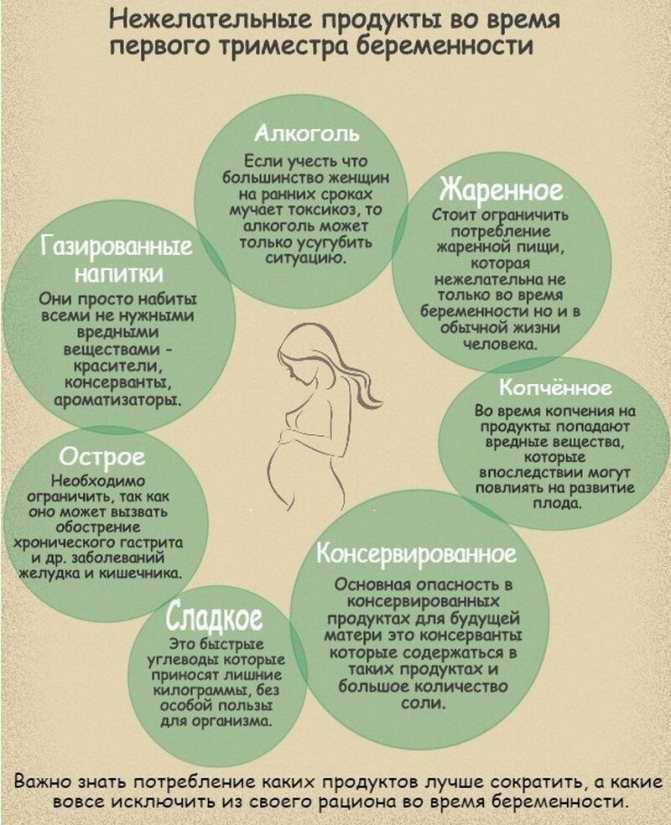 Wear comfortable cotton underwear that does not squeeze the lower abdomen.
Wear comfortable cotton underwear that does not squeeze the lower abdomen.
2. Nausea, vomiting, heartburn, increased susceptibility to odors.
Nausea is one of the common symptoms of early pregnancy. The range of issues related to nausea and vomiting during pregnancy is quite wide. From "it's good, I don't even feel sick" (with relief), "I don't feel sick, what's wrong with me?" (with anxiety) to "when will this nausea pass" (with hope). Indeed, these symptoms are not at all a mandatory accompaniment of gestation, they can manifest at 7-8 weeks and last up to 12-14 weeks. The duration of this condition can sometimes be delayed, but rarely persists throughout pregnancy. nine0005
Life hack! For nausea, eat before feeling hungry. Solid, non-hot food and drinks at a cool temperature are best. With heartburn, you should eat small portions of food and often, and most importantly, sit, stand or walk for at least 30 minutes after eating, but do not lie down.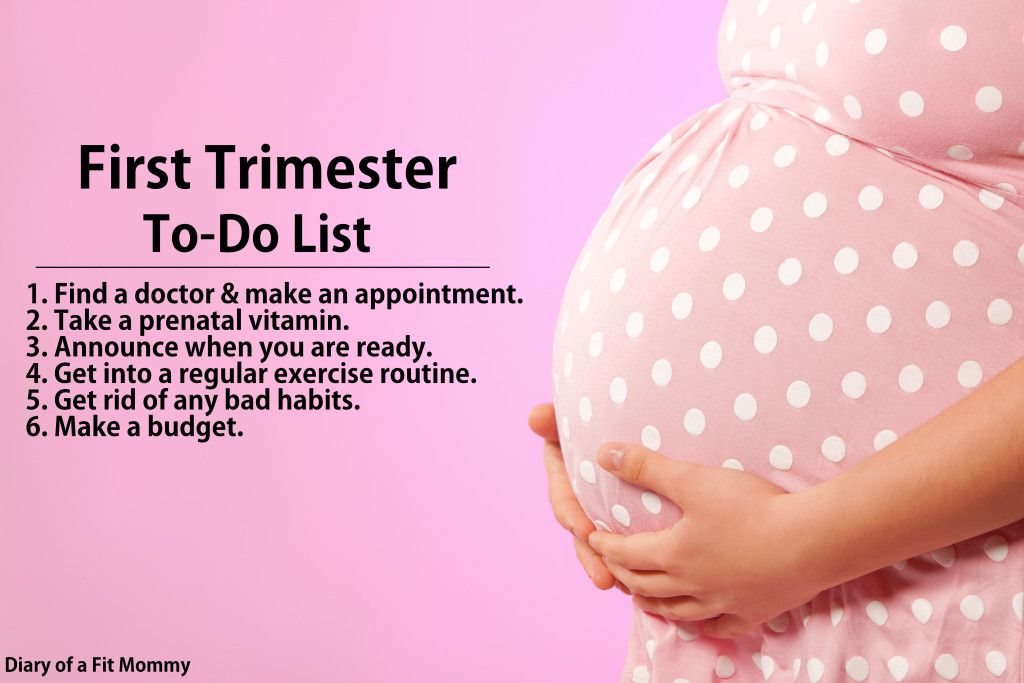
You should definitely consult a doctor if:
To reduce nausea and vomiting in the morning, try eating something before you get out of bed. It can be a cracker, a cookie, a piece of hard cheese. And salty food is preferable to sweet. You can have a snack in the same way at night when you get up to go to the toilet. Do not lie down immediately after eating, this will only increase nausea. Vitamins for pregnant women with nausea should be taken in the evening after meals. Cool water with lemon, ginger, mint tea, or ginger or mint candies can alleviate the condition. It is necessary to exclude those foods, drinks and smells that are unpleasant to you. Brushing your teeth and rinsing your mouth often can also reduce nausea.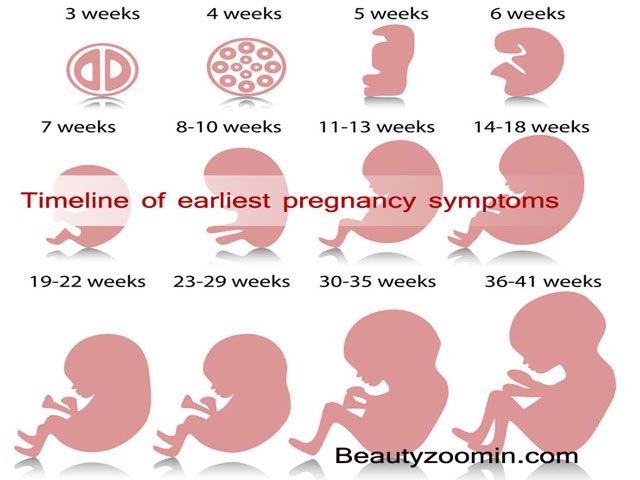 nine0005
nine0005
3. Pain or cramps in the lower abdomen, constipation, pain in the lumbar region.
The simplest and most easily controlled cause of pain is delayed and incomplete bowel movements. An increase in the concentration of progesterone relaxes the smooth muscles, which are located not only in the uterus, but also in other hollow organs. In this case, the correction of the diet and the restoration of the passage of feces will help. If the measures are ineffective, the doctor may prescribe safe drugs for you. A special type of pain that occurs during exclusivity in pregnant women is pain in the round ligament of the uterus. This acute, rather intense pain occurs, as a rule, on the one hand with a sharp change in body position (for example, when getting up from a chair or leaving a car). This pain occurs due to stretching, and then a sharp contraction, like a spring, of the round uterine ligaments. The pain quickly passes if you immediately take a comfortable position and does not require special treatment.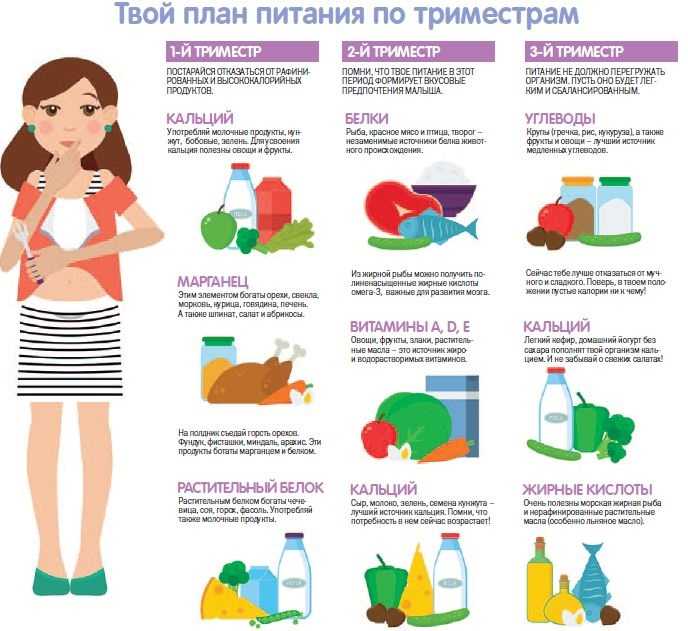 nine0005
nine0005
You should definitely consult a doctor if:
Life hack! To normalize bowel movements, eat more vegetables and fruits, drink water and move more during the day. Try to eat often and in small portions. nine0005
4. Enlargement and soreness of the mammary glands.
Hormonal restructuring of the body during gestation is accompanied, among other things, by an increase in the size of the mammary glands and an increase in their sensitivity. By the end of the first trimester, the soreness usually disappears, no additional methods of treatment are needed.
Life hack! Choose comfortable supportive underwear (it should not leave marks on the skin at the end of the day).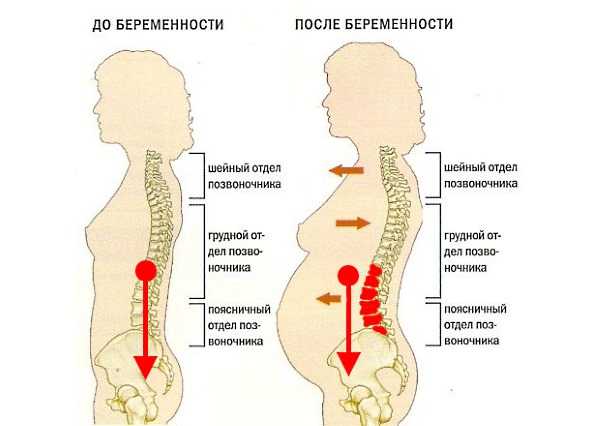 You may need a larger size or a sports bra. Pain in the mammary glands is relieved by a warm shower at the end of the day. nine0005
You may need a larger size or a sports bra. Pain in the mammary glands is relieved by a warm shower at the end of the day. nine0005
You should definitely see a doctor if:
5. Increased body temperature.
In early pregnancy, an increase in body temperature to 37.5 ° C is not necessary, but is possible due to the peculiarities of the action of progesterone. Because of this, it is difficult for pregnant women to endure stuffy, hot rooms. Self-medication is dangerous: an attempt to bring down the temperature even with a seemingly harmless folk method - tea with raspberries - can mask the true cause of hyperthermia and delay the diagnosis. Due to the increased body temperature, pregnant women should dress in layers and avoid stuffy and hot rooms and spaces so that they can always “adjust” their temperature on their own. nine0005
nine0005
6. Nasal congestion, shortness of breath, nosebleeds.
These symptoms can be explained by the individual reaction of the vascular system to the increase in blood volume that occurs during pregnancy. Another possible reason is dry air in the room, the operation of central heating batteries. nine0005
Life hack! The easiest way to deal with nasal congestion is to use a humidifier. If you don't have one, you can put a damp towel on the battery - less effective, but better than nothing. It is possible to use sprays with sea salt, but you need to carefully read the instructions and especially the "Indications" section, it should contain information about the safety of the product during pregnancy.
You should definitely see a doctor if:
7.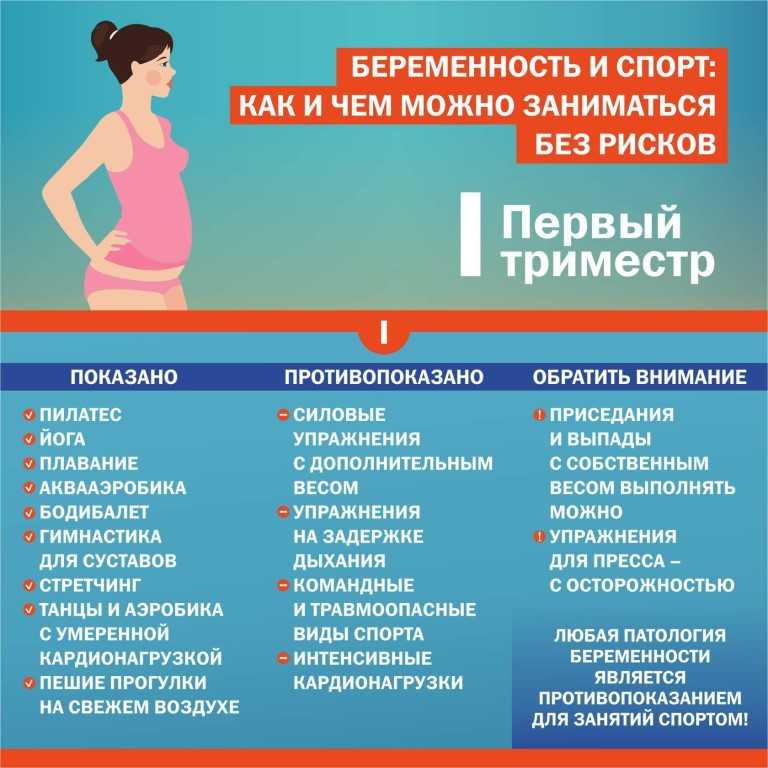 Blood pressure fluctuations.
Blood pressure fluctuations.
An ideal option for the course of any pregnancy is the stability of the blood pressure throughout the gestation. However, this is extremely rare. A small (up to 10 units) increase in pressure from the usual reference may be due to an increase in the load on the cardiovascular system as a result of changes in body weight, hormonal changes, and uterine pressure on the vessels. Normal pressure: systolic below 130 mm Hg, diastolic no more than 85 mm Hg. Blood pressure in the range of 130–139/ 85–89 mm Hg considered high to be normal. High numbers are often observed in patients of older reproductive age, suffering from diabetes mellitus and kidney disease, obesity, etc. However, it is imperative to tell the doctor about all these concomitant pathological conditions at the first appointment and, if necessary, consult a neurologist, cardiologist, endocrinologist and other related specialists . Reasonable physical activity, adherence to sleep and wakefulness, a balanced diet, and the rejection of coffee and strong tea allow you to keep pressure within limits.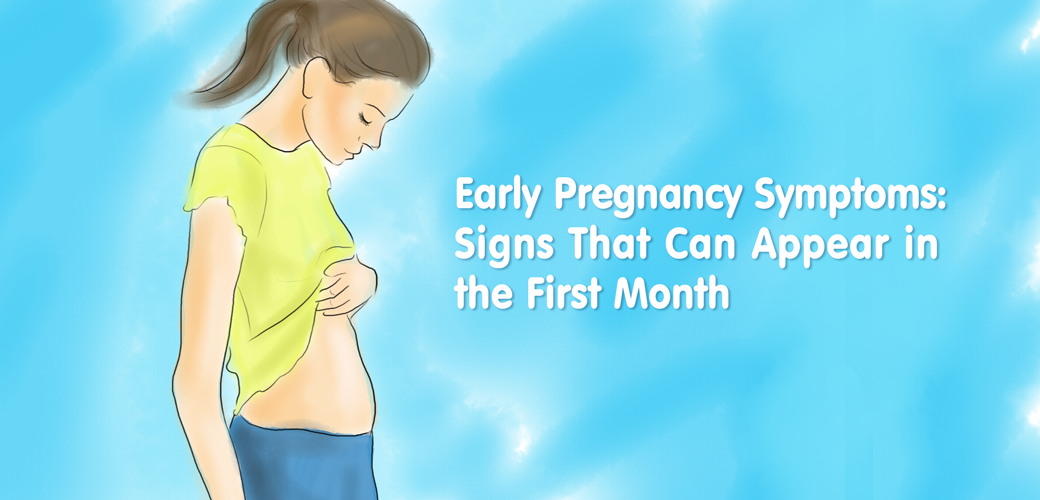 Of the completely exotic for our days, but no less significant - the prevention of stress. nine0005
Of the completely exotic for our days, but no less significant - the prevention of stress. nine0005
Life hack! If you first discovered that you have high normal pressure, repeat the measurement after 15 minutes. If the pressure remains elevated, see a doctor.
Be sure to see a doctor if:
NB! You should also pay attention to lowering blood pressure. Numbers less than 90/60 mmHg - an excuse to see a doctor.
Life hack! Keep a blood pressure diary, especially if you are prone to hypertension. Show your diary to your doctor at every appointment.
8. Heaviness and pain in the legs.
Heaviness and pain in the legs, especially in the evening, are frequent companions of pregnancy.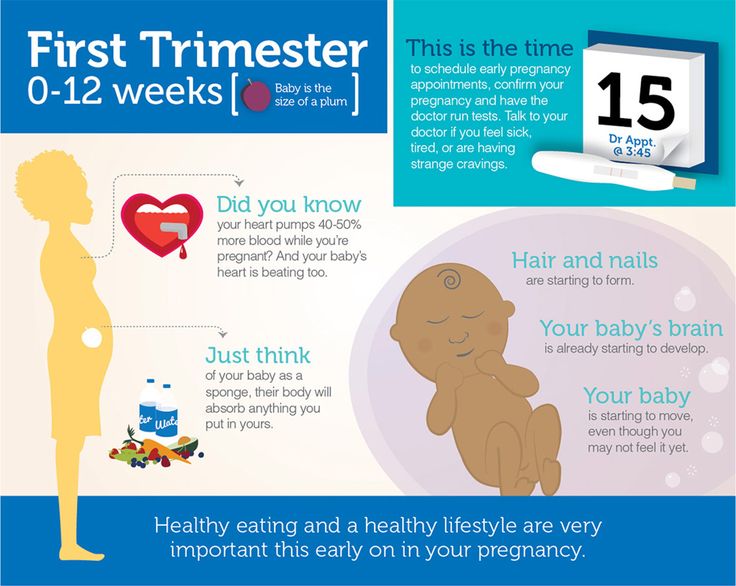 There is an explanation for the occurrence of symptoms: an increase in load due to growing weight and a shift in the center of gravity of the body. nine0005
There is an explanation for the occurrence of symptoms: an increase in load due to growing weight and a shift in the center of gravity of the body. nine0005
Life hack! Ask your partner/husband to give you a foot massage, relax with your limbs elevated (not too much!) A therapeutic pedicure, dousing the legs with cool water, a contrast shower, a cream or gel for legs with cooling components (menthol, essential oils), as well as compression stockings or stockings of the lightest degree of compression will help.
You should always see a doctor if:
- one or both legs are very swollen or discolored
- previously diagnosed varicose veins, family history of thrombosis
9. Skin changes.
During pregnancy, you may notice dark spots on your skin. Especially often such darkening (hyperpigmentation) is observed in the nipple area, along the white line of the abdomen. Stretch marks (stretch marks) may appear on the skin of the abdomen and thighs. These are normal signs and do not require any treatment. In most cases, skin color will return to normal after breastfeeding ends, and stretch marks will shrink and fade. Itching can be associated with stretching of the skin, especially in the abdomen and mammary glands. This symptom occurs infrequently and is usually successfully stopped by the use of special products to moisturize and soften the skin. By the way, these same remedies usually help in the fight against stretch marks. nine0005
These are normal signs and do not require any treatment. In most cases, skin color will return to normal after breastfeeding ends, and stretch marks will shrink and fade. Itching can be associated with stretching of the skin, especially in the abdomen and mammary glands. This symptom occurs infrequently and is usually successfully stopped by the use of special products to moisturize and soften the skin. By the way, these same remedies usually help in the fight against stretch marks. nine0005
Life hack! Oils and moisturizing creams to increase skin elasticity, contrast showers, massage with a hard brush will help reduce the likelihood of skin changes.
You should definitely consult a doctor if:
- along with itching there are areas of redness, spots, peeling
- itching is increasing
10. Bleeding gums.
Changes in the characteristics of blood circulation in the body of a pregnant woman can cause bleeding gums. The appearance of minor blood impurities during brushing your teeth, when eating solid foods (for example, an apple) is acceptable. However, the key provision is "insignificant". If you find it difficult to assess your own condition, consult a specialist. nine0005
The appearance of minor blood impurities during brushing your teeth, when eating solid foods (for example, an apple) is acceptable. However, the key provision is "insignificant". If you find it difficult to assess your own condition, consult a specialist. nine0005
You should definitely consult a doctor if:
- you have loose teeth, sore gums, bad breath
- bleeding in the gum area increases
11. Fatigue, mood instability.
Tearfulness, lack of strength, forgetfulness, distraction, the whole palette of feelings "here and now"... The list can be continued, and there is only one explanation for this - pregnancy. The most common early symptom is severe fatigue. There is no universal recipe, just as there is no single picture of these states. The main recommendation for all pregnant women is to rest often, relax and even sleep during the day. Most importantly, you need to remember: pregnancy is not a disease, but a great time to prepare for motherhood.


